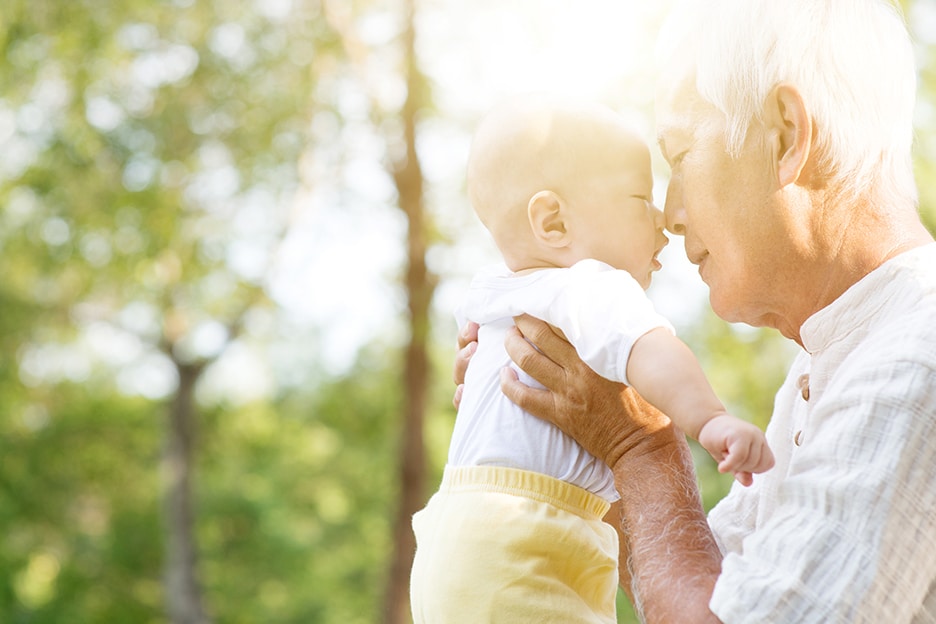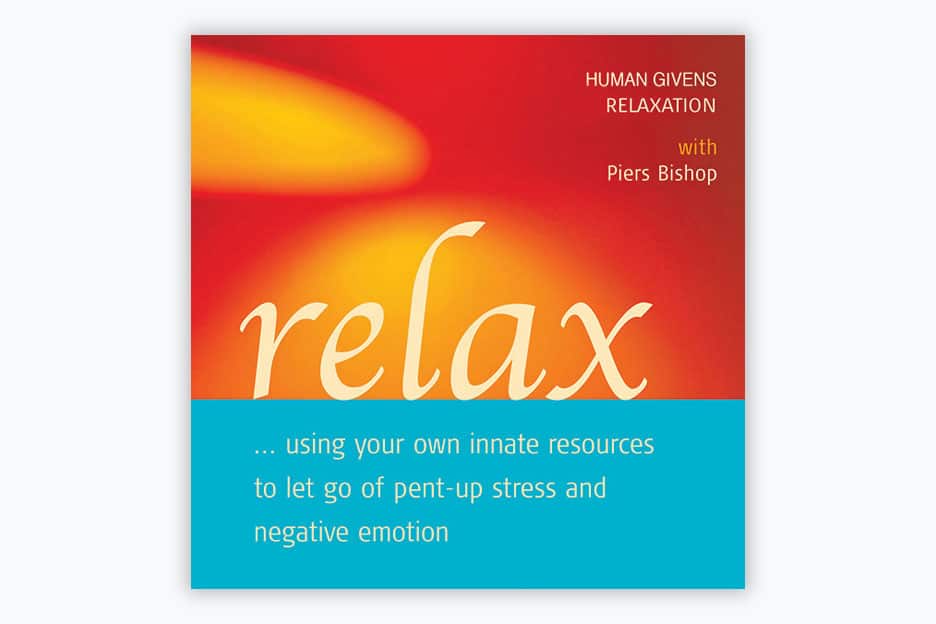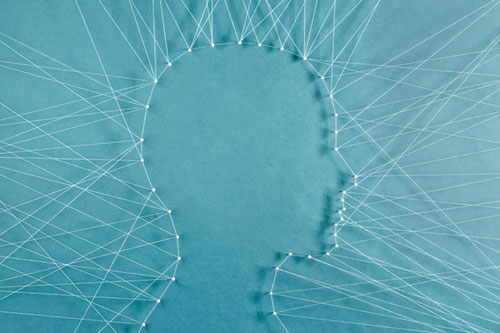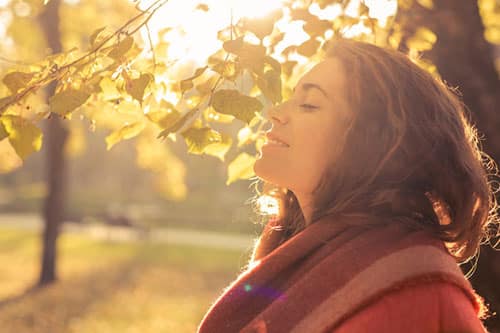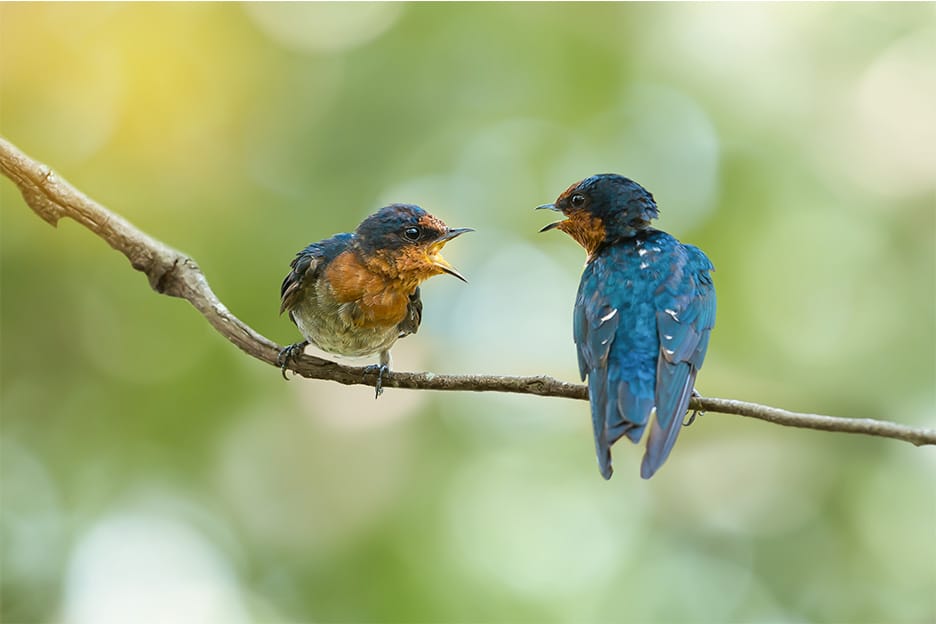Lockdown, open up
Someone I know once challenged herself to self-isolate for three weeks, in a bid to understand why her elderly neighbour had been showing signs of ‘not coping’ and was at risk of being taken into care. My friend imagined what this housebound widower might be struggling with – loneliness, boredom, lack of routine or anything to look forward to, worry, fear, poor diet, poor sleep?
Sure enough, after only one week of isolation, my friend felt that she too was going a little crazy. Sleep and food deprivation had taken its toll on her physical health, while having nowhere to go and no one to talk to had left her mentally subdued. Her self-esteem had taken a tumble to the extent that she wasn’t sure she’d be able to string a sentence together should the opportunity arise. This caused her to worry and feel anxious, compounding her sleep difficulties and threatening to tip her into the vortex that we know as the cycle of depression.
Us humans are group animals and we (mostly) don’t do well on our own. We have survived as a species by sticking together, using strength in numbers to ward off predators and enemies. We are hard-wired to thrive through human connection, on both an intimate level and a wider social level, and the lack of it can affect both our mental and physical health.
Add a sense of danger (of illness, of losing loved ones, of financial peril) a loss of volition (no control over the situation, or when it will end) and we have a perfect storm of conditions wherein it becomes difficult to meet our emotional needs, and the likelihood of mental distress is heightened.
Our 2020 Covid19 pandemic has created just these conditions for many of us, whilst also impinging on our other essential emotional needs in various hitherto unforseen ways. There’s the loss of freedom (control or volition) in being told to ‘stay home’ and not go where we please, travel and socialise. There’s an acute loss of a sense of security in terms of our health and finances, and that of our loved ones, friends and family. For those who don’t live alone there will be a lack of opportunity for privacy, as co-habitees work from home and children are home-schooled, squeezing out those precious moments of space and time to relax and reflect.
What of our needs for a sense of fulfilment, achievement, status and meaning in life? All these may be, to a greater or lesser extent, under threat at the moment. Will our working lives, and our social lives ever be quite the same again? Will our hopes and dreams, plans and goals have to change? These and many other questions remain unanswerable at the moment, as our situation unfolds and changes daily, so in the meantime we must work with what we know and with what we have.
Within change, there is always risk, and there is also always opportunity. We all know the risks of our current global pandemic – we are constantly being told them via media news. But what of the opportunities? How can we find, through adversity, new ways to get our needs met and help others do the same? How can we utilise this unwarranted change in our lives to good effect, such that we come out of it stronger, more united, better?
The most obvious reframe on current requirements is that ‘social distancing’ is actually only physical distancing, and socially we can make greater efforts to stay in touch – and many of us are. Being told we can’t meet up seems to have made us all the more conscious of our need for contact. In an interesting case of ‘you don’t know what you’ve got til its gone’ (thanks Joni Mitchell) we seem to have collectively awoken to the vital need to maintain and nurture our human connections, to exchange attention, to check we are alright, to help each other and to care. If there’s a silver lining to the grim cloud of our pandemic, then this is surely it, plus the fact that we now have so many ways of achieving social contact beyond letters and phonecalls.
I for one am finally truly grateful for the advances in technology that allow us to make contact vocally and visually, one to one and in groups, whilst physically distant. For many people this has become a lifeline (and don’t assume older folk can’t learn to use technology – they certainly can if it gifts them such rewards as maintaining contact with family).
And speaking of gratefulness, the current crisis seems to have woken us up to how vital certain services are. Here in the UK we have a renewed appreciation of our National Health Service, and for the many individuals who are volunteering to help the beleaguered workforce in myriad ways, as well as to those who continue to provide us with food, empty our bins, maintain law and order and so on. These hitherto seemingly mundane, oft maligned, services are now seen as vital, key roles worthy of public applause.
Another surprising effect of being told to stay home (loss of volition) is the high turnout of people appearing out of doors for their daily allowance of exercise. Perhaps this is in part a bid to regain that sense of volition, but I think it’s also answering our innate need for connection with our environment, especially in these uncertain times. And there’s an irony to the embedded suggestion within the edict to ‘only take outdoor exercise once a day’ in that it’s prompting many people to exercise more than they usually do.
Furthermore, there’s social contact to be found whilst out walking. On my own daily walk, in a place where I know no one (I cannot get home at present due to work commitments) I notice that everyone, whilst keeping their physical distance in a newly aware, mannerly and respectful fashion, makes eye contact, smiles and says hello. It’s as if being told to socially distance ourselves has led us to yearn more consciously for connection, and an aknowledgement that we are all in this together.
With no organised sports clubs to attend, I see family groups taking more time with each other, seemingly more harmonious, jointly rediscovering the simple joy of walking the dog together (but perhaps I’m looking through my positive goggles – I hear on the news that domestic violence is on the rise).
Nothing garners a heightened sense of meaning in life more than a threat to our survival. In crisis, there’s the sense that we are, quite suddenly, pulling together as a global human community to battle an evil that affects us all. We are denying ourselves our usual level of freedom for the greater good, and this takes precedence over everything else. Who can even remember what was in the news before Covid-19? The warmongering, the political in-fighting, the terrorism. The nefarious actions of celebrities, politicians, royalty and common-or-garden criminals. Brexit – what was that! It’s all faded into the background (for the time being at least).
It seems to me that in locking down, we have woken up and opened up. In being taken off the relentless treadmill, many of us have gained the gift of time: time to contemplate, time to breathe more freely and time to think more clearly. We are united in a common goal. We are thinking of others. We care. We are rediscovering altruism: offering to help, volunteering, going ‘above and beyond’ (all fantastic ways to enhance our sense of meaning in life). Perhaps this is a naive and sweeping statement – after all, stockpiling food and neccessities to the detriment of others is hardly showing how much we care. But it does seem to me that for the most part, in a spirit of ‘don’t sweat the small stuff’ we have come together as a species to overcome this global challenge, and that through this we are all finding new ways to get our needs met.
Here are some great ideas for Coping with self-isolation from the PTSD Resolution team.
If you’d like to guage how well you are meeting your own needs, take a look at the Emotional Needs Audit, but remember that we cannot always be getting top marks for each need – they are better met in healthy balance. For instance too much control can stifle creativity, attention is to be given as well as received, and security has a tipping point beyond which life cannot be lived to the full (which is understandable for short periods, as in our current situation, but undesirable in the longer term).
If you’d like to talk to an HG therapist, many are currently offering online sessions.
This article was written by Julia Welstead and first appeared in the April 2020 HG newsletter. You can sign up to receive the newsletter here.
Helpful resources - please share
- Coronavirus: How to reduce high anxiety now
- Coping with self-isolation
- RELAX mp3 – a useful tool
- Digital downloads to keep your mind occupied
- Online Courses – SAVE 20% – lifelong access
